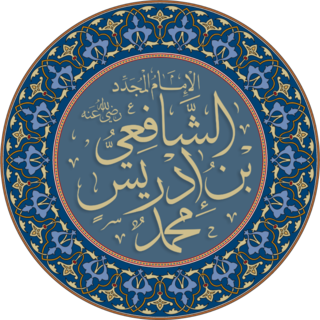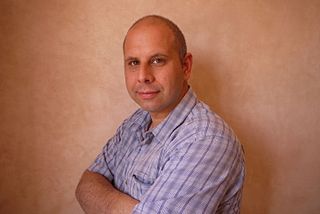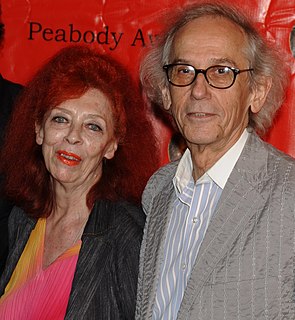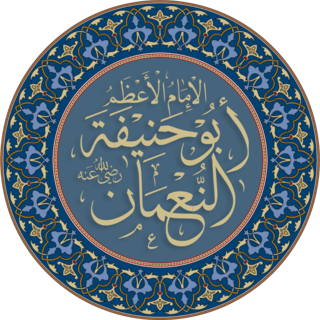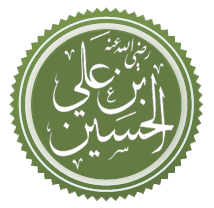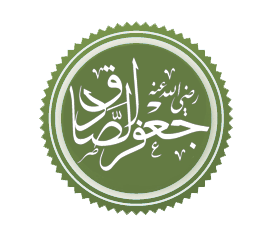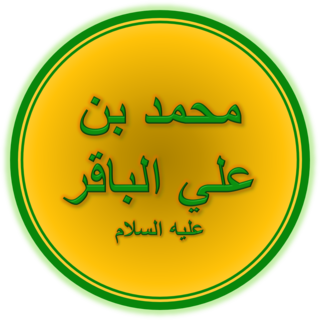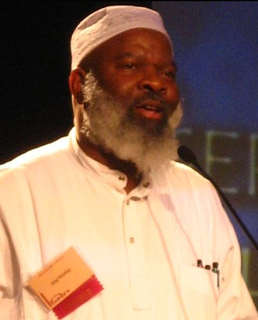A Quote by Al-Shafi‘i
There is not on the face of the earth-after the Book of Allah - a book which is more sahih than the book of Malik.
Related Quotes
You will want a book which contains not man's thoughts, but God's - not a book that may amuse you, but a book that can save you - not even a book that can instruct you, but a book on which you can venture an eternity - not only a book which can give relief to your spirit, but redemption to your soul - a book which contains salvation, and conveys it to you, one which shall at once be the Saviour's book and the sinner's.
The process of writing a book is infinitely more important than the book that is completed as a result of the writing, let alone the success or failure that book may have after it is written . . . the book is merely a symbol of the writing. In writing the book, I am living. I am growing. I am tapping myself. I am changing. The process is the product.
I began writing books after speaking for several years and I realize that when you have a written book people think that you're smarter than you really are if I can joke. But it's interesting. People will buy your book and hire you without reading the book just because you have a book and you have a book on a subject that they think is of interest to themselves or e to their company.
For every Book of Job, there's a Book of Leviticus, featuring some of the most boring prose ever written. But if you were stranded on a desert island, what book would better reward long study? And has there ever been a more beautiful distillation of existential philosophy than the Book of Ecclesiastes?
I'm no longer religious, but the Bible fascinates me. Hardly anyone reads it anymore, but it's got everything: it's a book of poetry, it's a book of principle, it's a book of stories, and of myths and of epic tales, a book of histories and a book of fictions, of riddles, fables, parables and allegories.
Once in a very long time you come across a book that is far, far more than the ink, the glue and the paper, a book that seeps into your blood. With such a book the impact isn't necessarily obvious at first...but the more you read it and re-read it, and live with it, and travel with it, the more it speaks to you, and the more you realize that you cannot live without that book. It's then that the wisdom hidden inside, the seed, is passed on.
